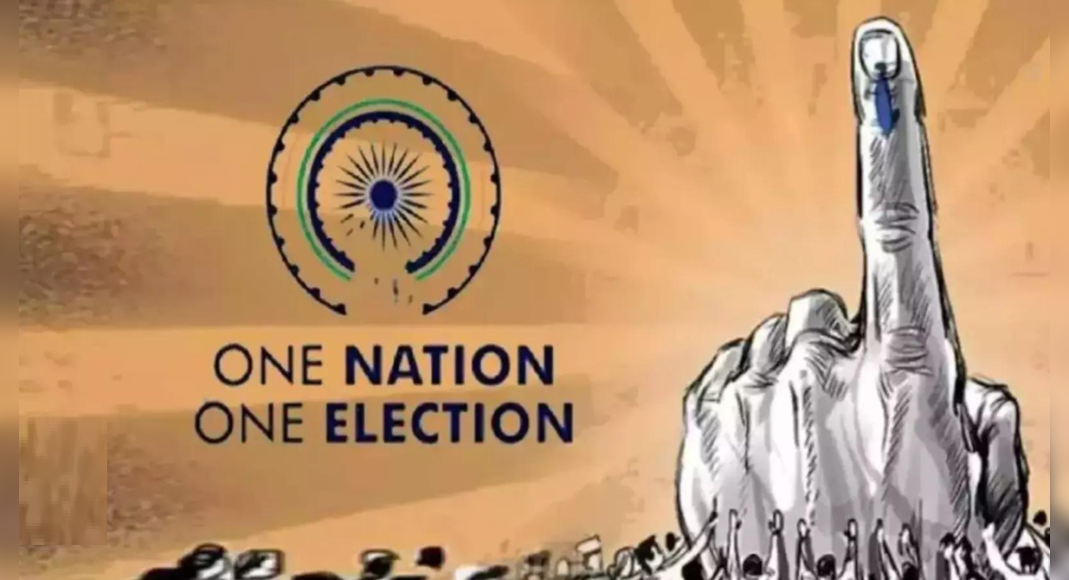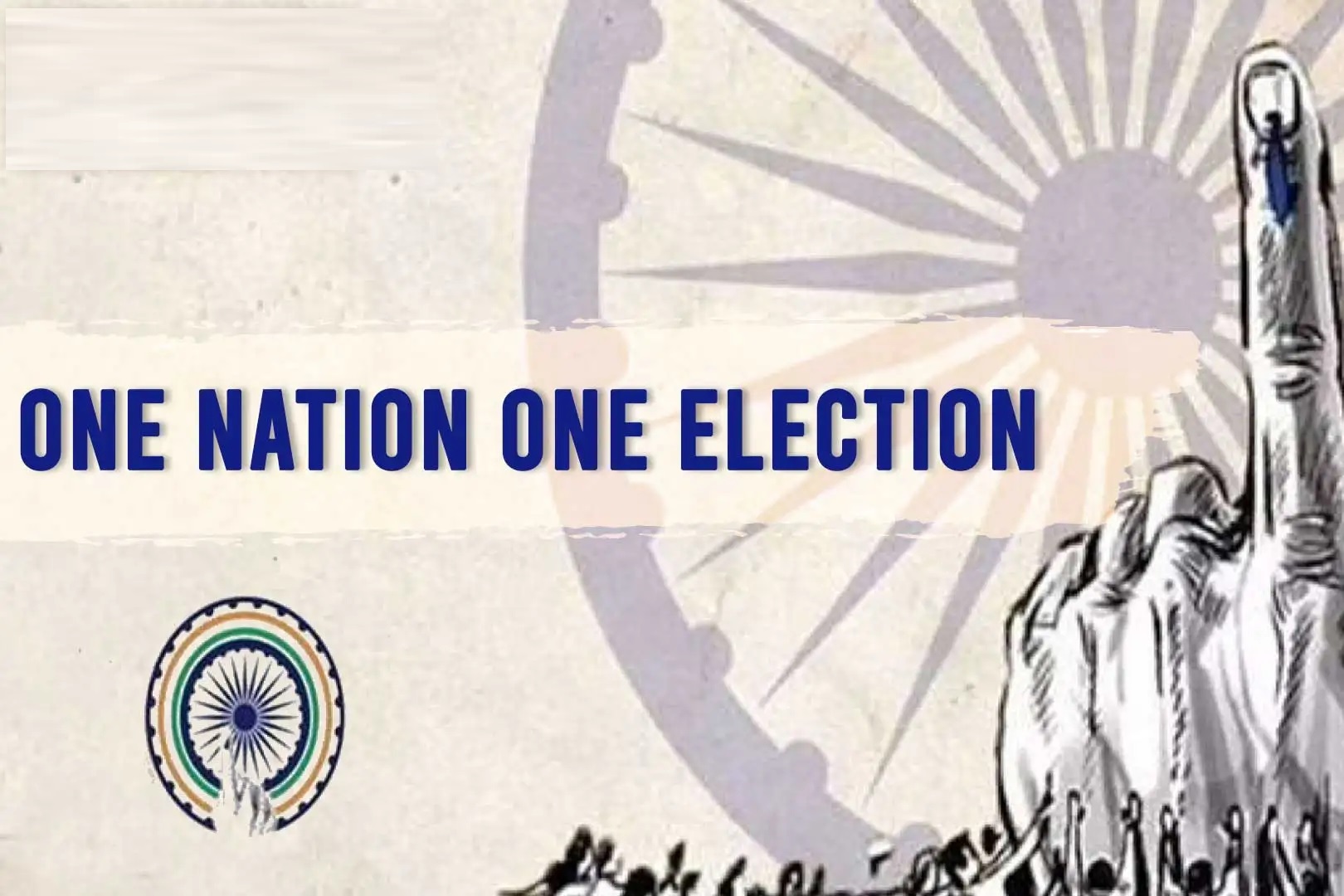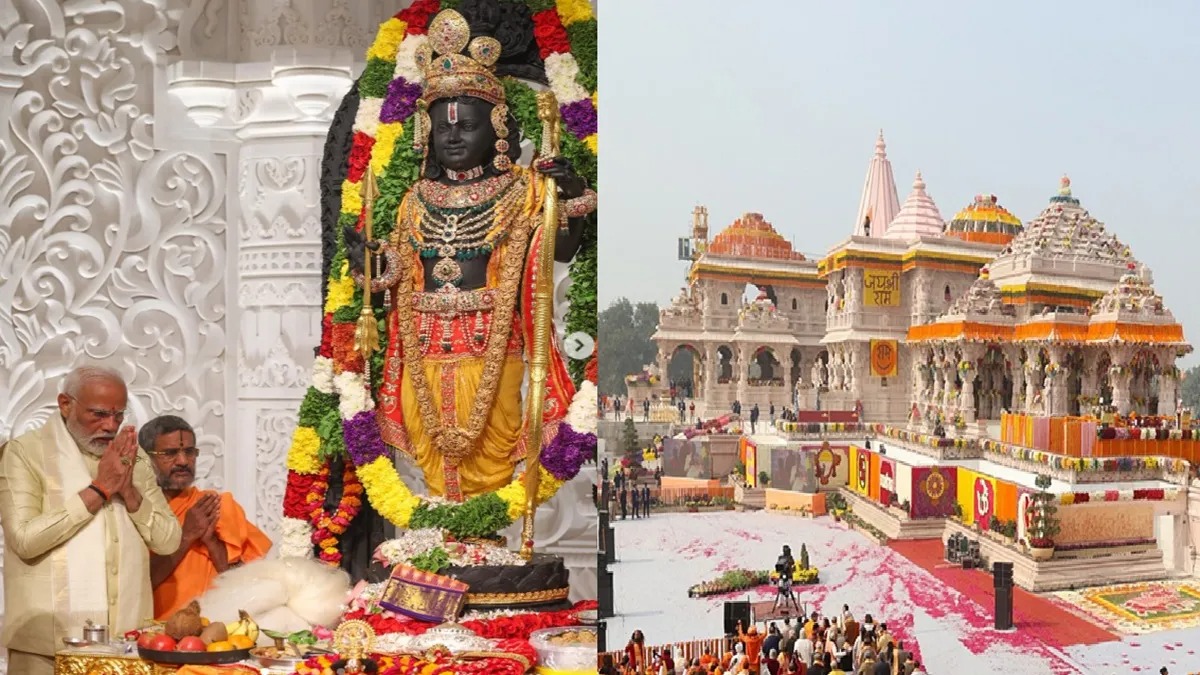One Nation One Election: Pros, Cons, and the Road Ahead

One of the most debated One Nation One Election bills is going to be introduced into Lok Sabha on Tuesday; thus, they will continue to engage the entire spectrum of politicians in a thorough debate. Constitution (One Hundred and Twenty-Ninth Amendment) Bill, 2024, and The Union Territories Laws (Amendment) Bill, 2024 call for simultaneous Lok Sabha and state assembly elections. It is an endeavor that seeks to harmonize the process of election, hence cutting the cost and also reducing the burden of administrative cost.
Union Law Minister, Arjun Ram Meghwal, introduced the bill, and 269 were in favor of introducing the bills with an opposition of 198. Though the bills managed to get enough strength on their side for introducing these bills, they will, however, require a two-third majority to pass, which raises the doubt, whether the One Nation, One Election bill will pass.
Whip of BJP and Absenteeism
Despite a three-line whip issued to its members, several BJP MPs, including Union Ministers Nitin Gadkari, Jyotiraditya Scindia, and Giriraj Singh, were absent during the vote. The absence of nearly 20 MPs has attracted criticism, with the party reportedly planning to issue notices to the defaulters.

One Nation, One Election Explained
The idea is an attempt to harmonize Lok Sabha and state assembly elections, thereby making it easier to vote and decrease election-related expenditure. The main argument is that it reduces policy paralysis due to frequent elections and improves governance. In fact, critics see it as an infringement on the federal structure of the Constitution.
Opposition Voices Concerns
The opposition has severely criticized the introduction of the bills. A Congress MP, Manish Tewari, described it as “an assault on the basic structure of the Constitution,” by which federalism and democratic principles would be destroyed. Anti-federal and ultra vires were the concern of another DMK MP, TR Baalu, and another Trinamool Congress MP, Kalyan Banerjee.
One Nation One election – Pros and Cons
The following are the pros and cons of the One Nation One election that one can look forward to:
Pros:
- Savings in electoral logistics
- Decrease frequent disturbance in governance due to elections.
- Uniformity of practices related to elections in all the states.
Cons:
- Federalism diluted, as simultaneous elections would undermine the state’s autonomy.
- Power over-centralized
- It isn’t easy to implement due to logistical challenges and the amendment of the constitution.
One Nation, One Election in Other Countries
While India debates this model, other countries, such as South Africa and Indonesia, hold simultaneous elections at national and regional levels. However, experts advise against directly transplanting models due to India’s unique demographic and political diversity.
Disadvantages and Path Ahead
The largest disadvantage of One Nation, One Election is its possibility of disrupting the central-state balance of power. It may end up ignoring the local issues, creating voter apathy with governance at that level.
The bills have been sent to a Joint Parliamentary Committee (JPC) for detailed deliberation as Union Home Minister Amit Shah has emphasized. Whether the bills can cross the hurdle of opposition and constitutional scrutiny remains unclear.
The One Nation, One Election bills have rekindled the debate about electoral reform in India. As the discussion continues, the country waits to see whether this ambitious proposal will reshape its democratic framework or face rejection due to its potential flaws.




